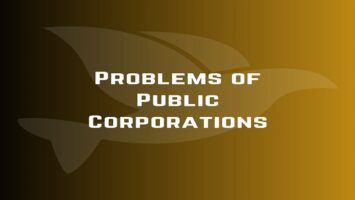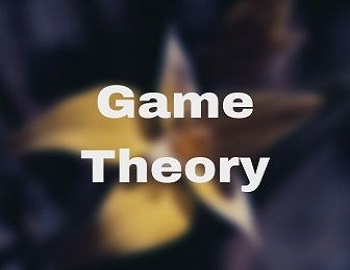Table of Contents
Purpose or Function Basis of Departments:
It is one of the most commonly used bases for the organization of departments. The father of the scientific management theory of public administration, Mr. Fredrick Taylor, was the earliest scholar of modern times to suggest this basis. When a department is formed for undertaking a particular purpose or function, we refer to the exercise as an organization of a department on a functional basis. Each government has to perform several functions and for each function, a separate department is formed example, to provide education to the people, the education department is established and to defend the country, the defense department is established. Likewise, other departments are also organized in each country on a Purpose or Function basis.
The organization of departments on a functional or purpose basis is governed by the objective of performing or rendering a particular major service to society at large. The chief merit of the functional basis is that it avoids duplication and overlapping of work.
Merits of Purpose or Function Basis:
The department which is established for a particular purpose or function has several merits. The Haldane Committee observed that the Function principle “will lead to the minimum amount of confusion and overlapping.”
Wallace points out two distinct advantages of the function basis:
- It facilitates the problem of grouping.
- It leads to an understandable administration.
(1) Better coordination of work and unity of Action- It brings coordination and uniformity into administration. If all military units were not under one defense department, war could not be fought as there would be no proper coordination among different military units. Hence, it is essential that all defense activity should be with one department, i.e., the Defence Department and it is entrusted with the function of the defense of the country.
(2) It avoids duplication of Functions- One department is established for one particular purpose or function. So, there can be little possibility of duplication of functions or efforts. Each department performs only one specific major function.
(3) Understandable Administration- The functional method conforms best to the objectives of government, and makes the administrative organization easily intelligible to the citizen. They can easily understand the broad purpose of each department. This enables them to utilize the services of various departments.
Demerits of the Functional or Purpose Basis:
The principle of Function or Purpose as the basis of the departmental organization also suffers from some defects.
(1) The ‘function’ or purpose as a basis of department leads to Confusion- The function is a classical term capable of being interpreted too broadly or too narrowly and the problem of striking the correct balance between the two is extremely baffling. It is very difficult to conceptualize a function because each major function involves several small and related functions. It is hard to decide whether education and welfare be treated as separate functions and organized into separate departments or integrated into one department.
(2) Department Bias- After the accomplishment of the purpose, functional departments tend to develop an attitude of self-satisfaction, which very often makes them unwilling to cooperate with other departments. Each department gets occupied with its function or purpose and often ignores the functions of other departments.
(3) Overlapping- Functional Departments necessarily involve overlapping and duplication of work, and service is bound to suffer. Higher Education, Medical Education, Technical Education, Professional Education, Welfare, and Adult Literacy departments are bound to overlap in their functions.
Thus Function or Purpose as a basis of departmental organization has several merits as well as demerits.









Comments (No)